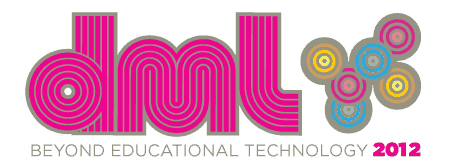MRT: Design Tinkering
Current brain research on how students deeply learn information, economic research on how our college graduates fit into the world job market, and the growing need for designers/inventors who work toward a sustainable healthy system, make it clear that there is a great need to investigate our current teaching practices and learning environments. Making change in traditional systems of thought can be an uncomfortable experience as the general methodology shifts. Marin Country Day School, a K – 8 institution, currently paves the way for teachers to let go of the reigns on a students’ education, to allow students to find, connect and develop real world challenges with real world solutions.
It began with the creation of the Makers’ Lab, which exists at the school as a model, providing both the tools and tenets to tinker, play and investigate phenomena in the world around them. Over time, the Makers’ Lab has begun to grow roots in the school culture and extend into the classrooms, using Design Thinking to harness a passion for learning and further frame problem finding. Students are empowered to fail often with the idea that through rapid failure comes rapid learning. When a student learns to take risks, fail, receive feedback with open arms, iterate on that feedback and persevere, their failure and success blur into one.
Marin Country Day School currently funds a cohort of teachers to actively explore Innovation and Creativity through the lens of Design Thinking. This cohort is coming up with concrete ways to infuse the successes of the Makers’ Lab into the classrooms, so that all students will have the opportunity to think like designers and create like natural inventors. As students play, tinker and remix materials, teachers guide and facilitate the students' ownership of their learning. With increased exposure to Design Thinking, and an active role in directing their problem finding, students become fully engaged in owning their learning experience.
This workshop is a chance for our cohort to share the failures and successes of working to make this shift in teaching practices an institutional reality, share strategies from the classroom, and practice the hands-on play that is the heart of this work. The participant will get a chance to explore materials and cooperatively tackle a challenge while being encouraged to access creative thinking. These activities will help ground the participant’s understanding of this process in experiential understanding.



